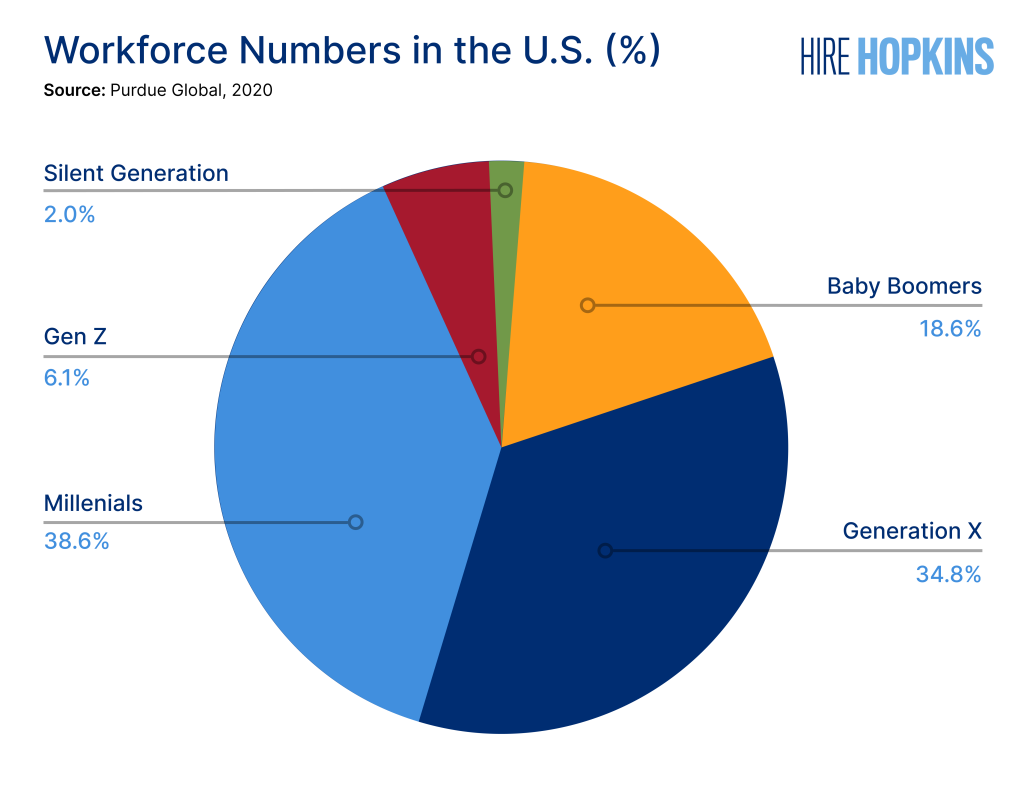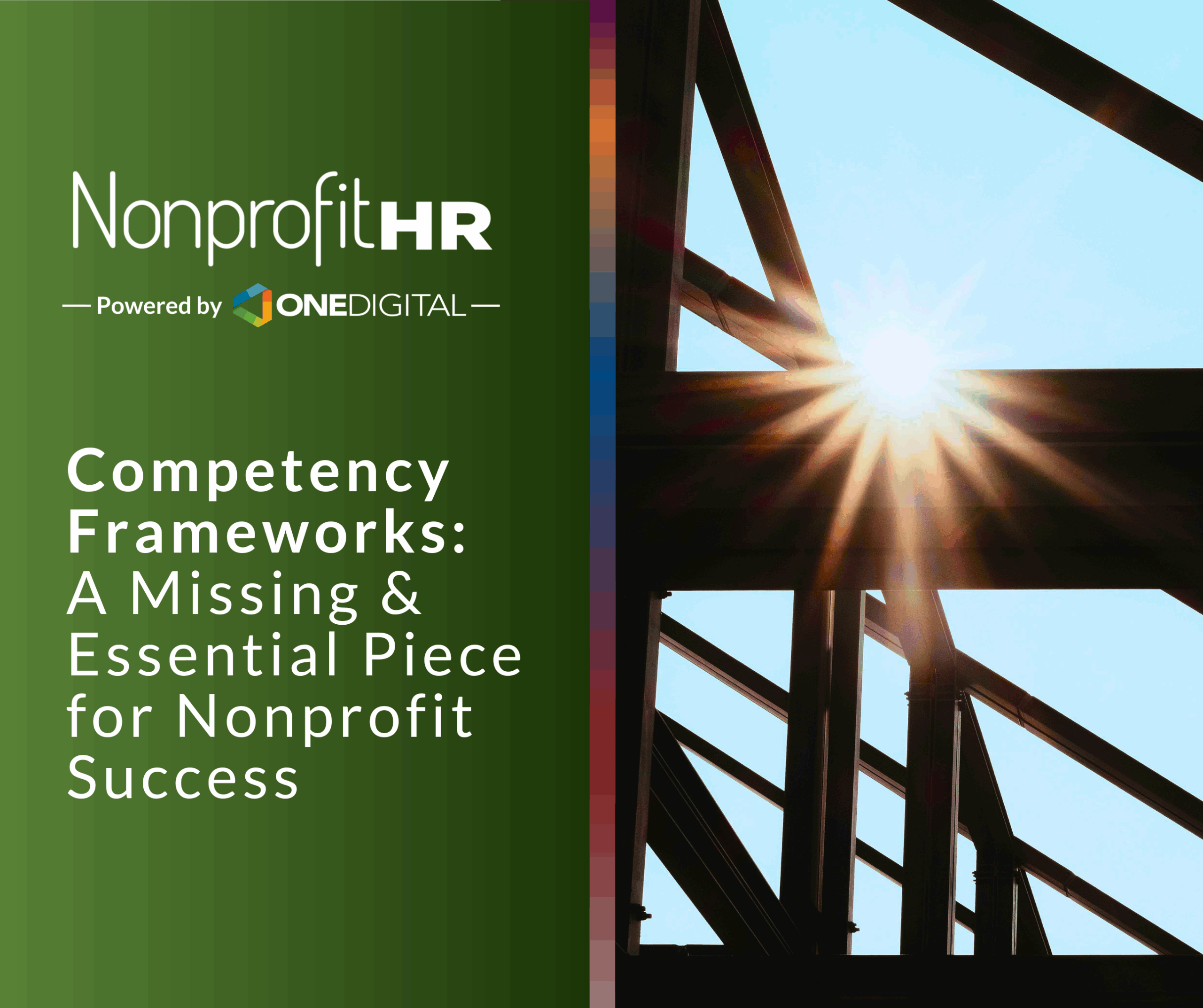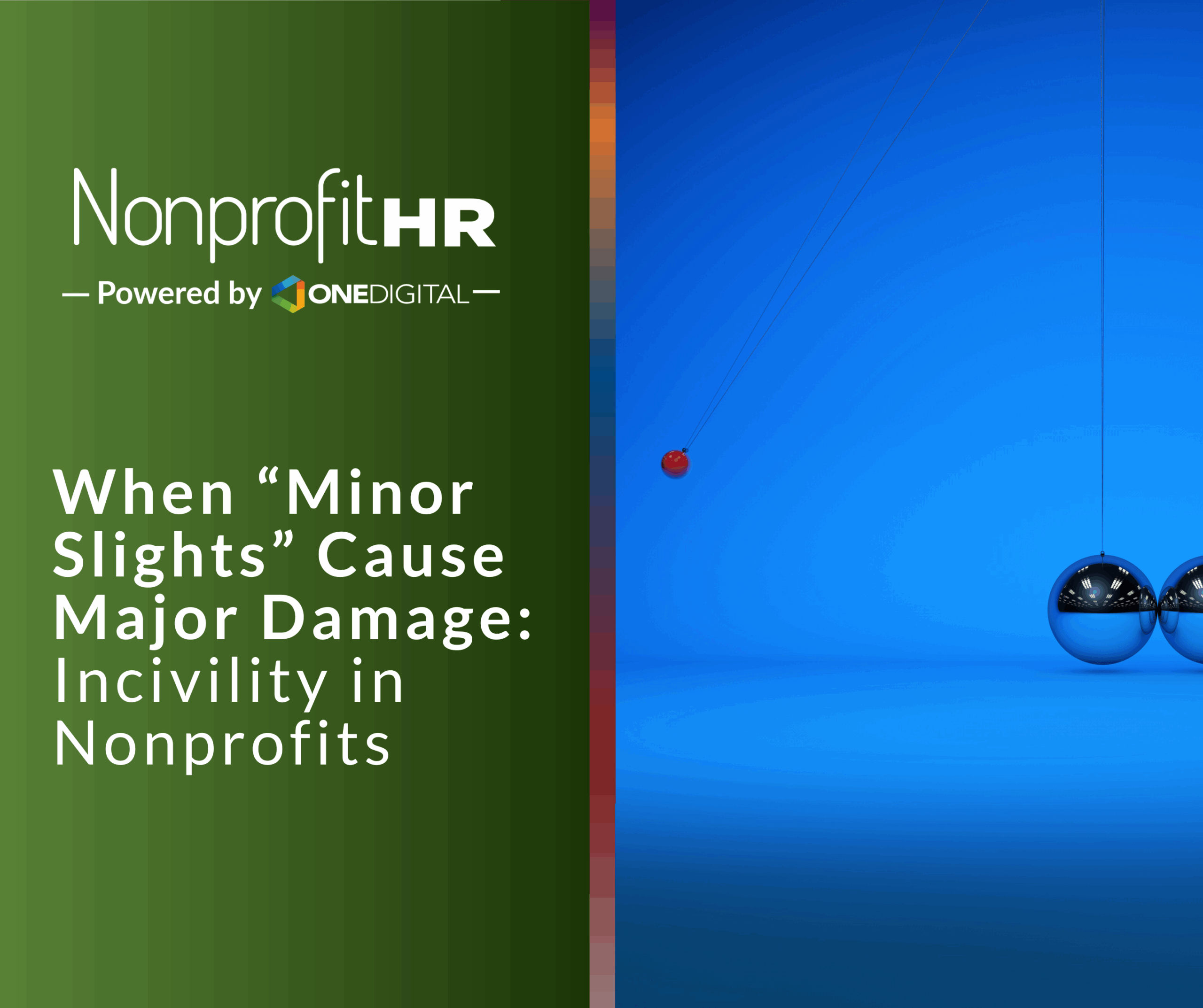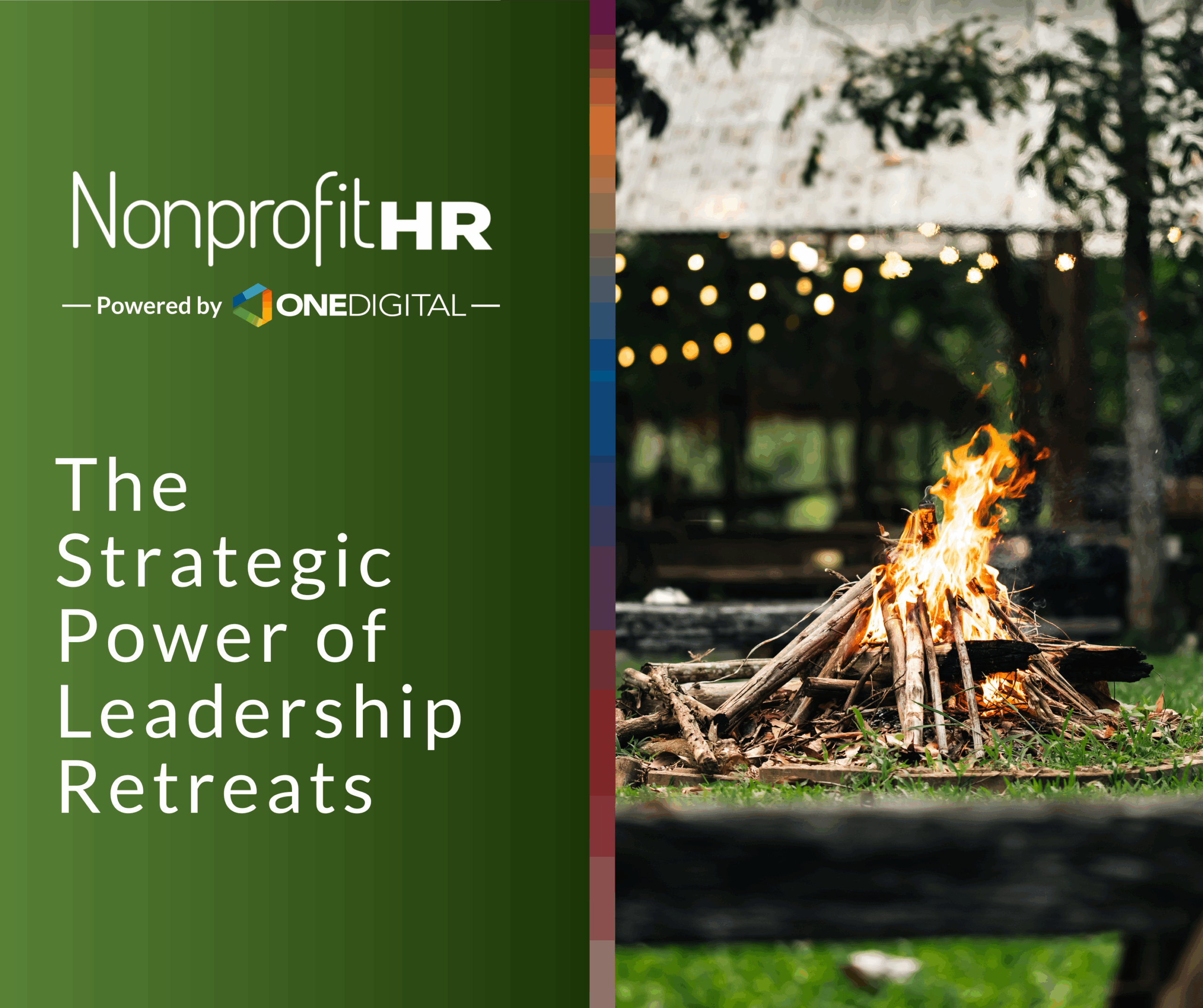WTOP: 5 ways nonprofits can…
In discussions about the future of work, there’s an often overlooked but vital topic to address in what’s shaping it: how different generations perceive job tenure. With 53% of organizations having the most challenge retaining employees aged 30 and below, according to Nonprofit HR’s 2023 Social Impact Talent Retention Practices Survey, let’s explore how younger generations in the workforce view job tenure differently than older generations and what this means for HR professionals, hiring managers and the candidates themselves.
The Generational Breakdown
Let’s start with a quick overview of the current workforce by generation:
- Baby Boomers (1946-1964, ages 60-78): Represent about 19% of the workforce.
- Generation X (1965-1980, ages 44-59): Make up approximately 35%.
- Millennials (1981-1996, ages 28-43): Hold about 39%.
- Generation Z (1997-2012, ages 12-27): The newest entrants, comprising around 6% but growing rapidly.
Average Tenure by Generation
Now, let’s examine the average tenure of a worker in each generation:
- Baby Boomers: On average, baby boomers stay with an employer for about 8 years. Stability and loyalty to one company were often seen as the pinnacle of career success.
- Generation X: Known as the “latchkey” generation, their average tenure is around 5 years. While they value stability, they are more open to change if it aligns with their career goals.
- Millennials: Often labeled as “job hoppers,” their average tenure is about 3 years. They prioritize growth opportunities, work-life balance, and company culture over long-term commitment.
- Generation Z: Though still early in their careers, preliminary data suggests an even shorter tenure, often 1-2 years. They seek rapid progression, flexibility and alignment with their values.
Shifting Perceptions
Now, why does this matter? The difference in tenure is not just a statistic; it’s a reflection of deeper generational values. For baby boomers, a long tenure often signified reliability and success. But for millennials and Gen Z, frequent job changes are not just accepted — they’re expected.
The younger generations view each job as a stepping stone, an opportunity to build a portfolio of experiences that make them more versatile and adaptable in a fast-changing job market. This shift is driving a new narrative where job hopping is seen as career building.
Implications for HR and Hiring Managers
For HR professionals and hiring managers, this generational shift means rethinking traditional notions of loyalty and commitment. Here’s what it could mean:
- Retention Strategies: Traditional retention strategies focused on long-term benefits may no longer be as effective. Instead, consider offering continuous learning opportunities, clear paths for advancement and flexibility in work arrangements.
- Onboarding: With shorter expected tenures, the onboarding process becomes even more critical. A quick but thorough integration can help new hires hit the ground running and contribute meaningfully within a shorter time frame.
- Employer Branding: Companies must position themselves as dynamic, growth-oriented places where employees can expand their skills and progress their careers — sometimes in shorter bursts of time.
Implications for Candidates
For job seekers, especially younger ones, this trend means a shift in how they approach their careers:
- Career Portfolios: Instead of climbing the corporate ladder at one company, many are building diverse portfolios by gaining a variety of experiences across different roles and industries.
- Skill Development: With each job change, there’s an emphasis on acquiring new skills, making them more competitive in a market that values adaptability.
- Values Alignment: Younger workers are increasingly seeking employers whose values align with their own, even if that means moving on quickly when those values are not met.
Takeaways
What was once considered “job hopping” is now being rebranded as strategic career building. Understanding these generational shifts is crucial for both employers and employees as we navigate this evolving landscape.
As more millennials and Gen Zers enter the workforce, flexibility, adaptability and alignment with personal values are becoming the cornerstones of a successful career, regardless of the length of tenure at any one organization.
Contributing Author
Danisha Martin, MBA, CSC
Team Leader & Senior Consultant, Search
Impact Search Advisors by Nonprofit HR
View Danisha’s bio.































